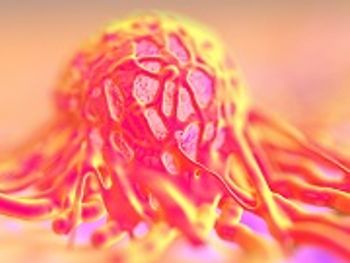
Nanoparticle vaccines can travel directly to the lymph nodes to activate tumor-specific immune responses.

Nanoparticle vaccines can travel directly to the lymph nodes to activate tumor-specific immune responses.
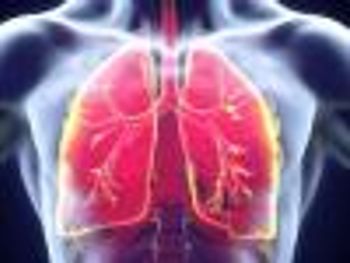
Imatinib found to reduce measures of airway inflammation in severe asthma.

Top articles of the week from The American Journal of Pharmacy Benefits.

Top news of the week in oncology and cancer drug development.

A novel AI image detection method could potentially outperform current PAP and HPV tests.

Top news of the day from across the health care landscape.
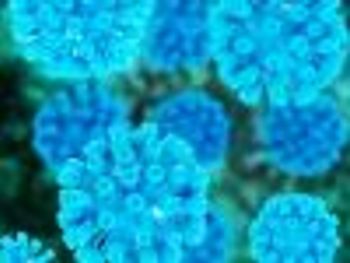
The Guide to Hepatitis C Testing addresses widespread uncertainty regarding HCV treatment.
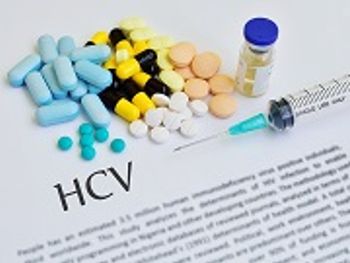
The Guide to Hepatitis C Testing summarizes the latest examination recommendations.

Keytruda demonstrated statistically significant improvements in overall survival.
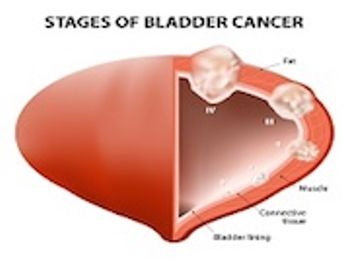
Pembrolizumab shows statistically significant improvements in overall survival and objective response rate in cancer treatment.

Southern Italy tomato varieties demonstrated a potential role against typical neoplastic features.

Nanoparticle precisely delivers tumor antigens to immune cells while stimulating immunity.

Breast cancer incidence has climbed among Asian Americans, while diagnosis rates among other groups have trended downward.

Substantial increase in breast cancer incidences among Koreans, South Asians, and Southeast Asians.
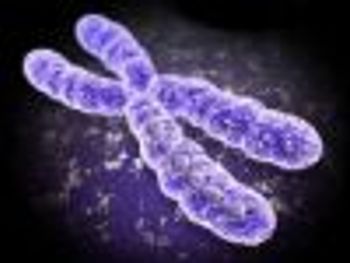
Tracking unstable chromosomes allows scientists to peer into the evolution of NSCLC.

Keytruda found to improve the overall response rate in pediatric and adult patients with cHL.

Pembrolizumab approved for adults and pediatric patients with refractory classical Hodgkin lymphoma.

Study examines how bacteria in the digestive tract might increase or decrease response to cancer drugs.

Chronic hepatitis B virus is still a problem in many parts of the world and the United States, despite the availability of a vaccine.

Top news of the week in oncology and cancer drug development.
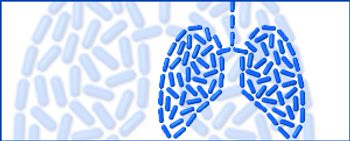
Keytruda improved overall response rate and progression free survival in NSCLC.
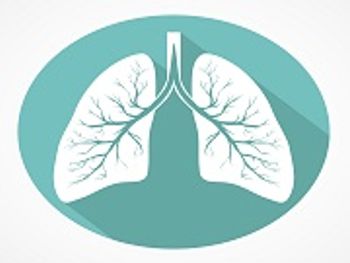
Pembrolizumab (Keytruda) in combination with pemetrexed and carboplatin treats patients with metastatic non-squamous non-small cell lung cancer.

Oral cancer treatments provide new opportunities for improved overall survival rates, but patients are increasingly responsible for higher out-of-pocket costs as they self-manage their therapy.

Legendary NBA star Kareem-Abdul Jabbar faced his toughest battle after being diagnosed with Philadelphia chromosome-positive chronic myeloid leukemia.

Specialty pharmacists are uniquely positioned to help with the treatment of breast cancer.

With the rise of oral oncolytics, the ability to educate patients while providing resources to monitor compliance and adverse-effect management becomes even more critical.Â

The final days of the Obama administration witnessed the federal government launch several initiatives seeking to advance the battle against cancer.Â

Emerging oncology therapies, often made available to patients through specialty pharmacies, continue to be a key driver and focus of the business.

Patients diagnosed with colorectal cancer are at a higher risk for mood disorders such as depression, bipolar disorder, and anxiety.

Top news of the day from across the health care landscape.